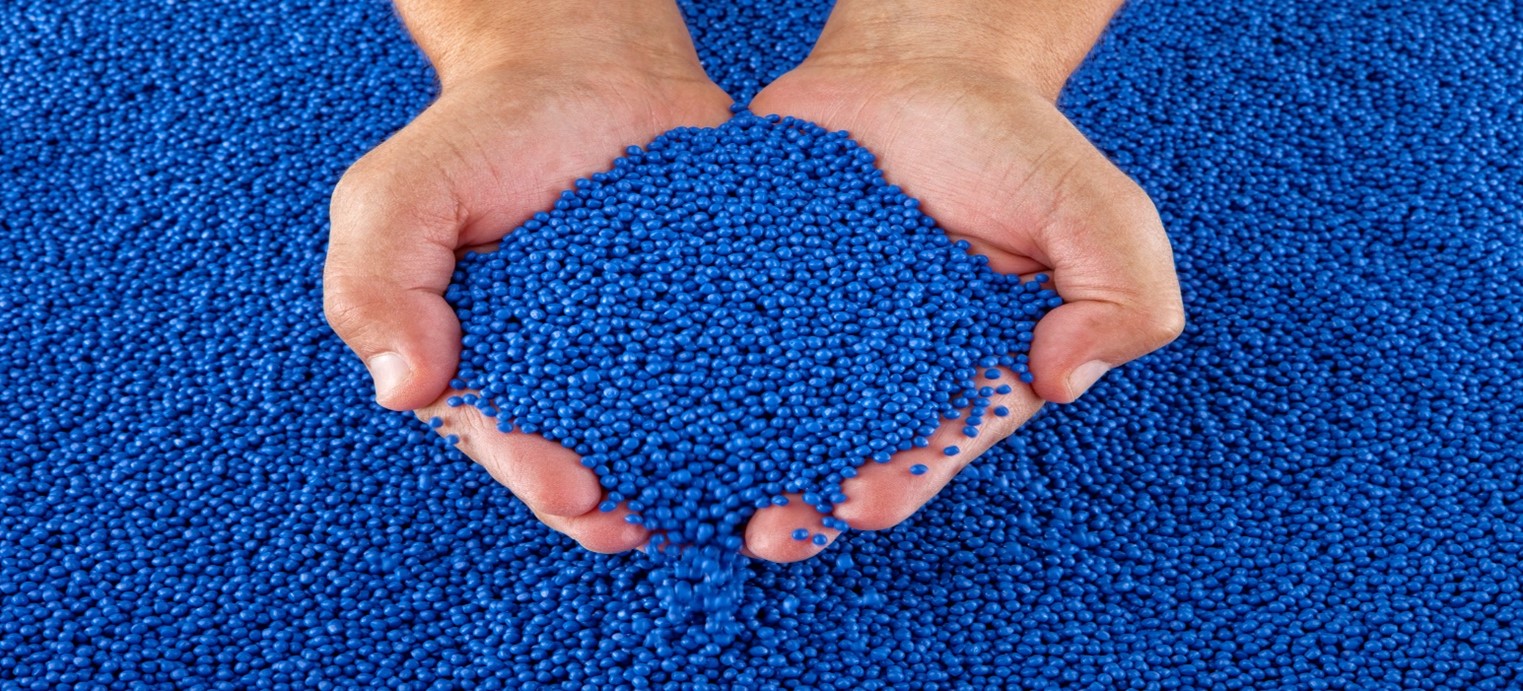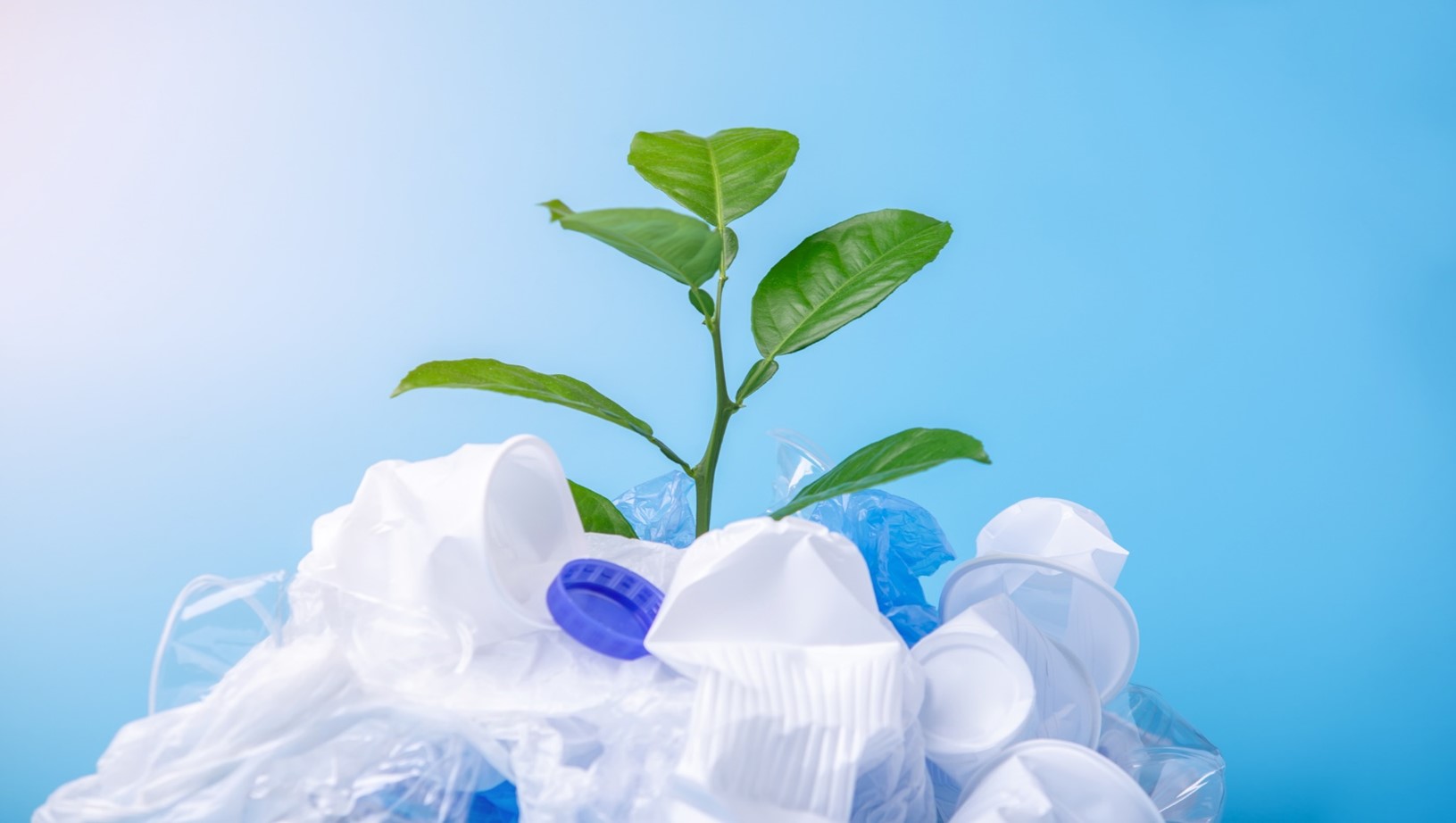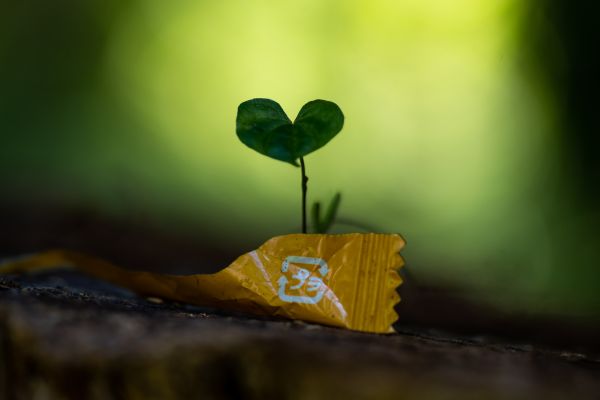
The Real Cost of a Plastic Pellet

The real cost of a pellet extends beyond the price tag of the raw material
As we celebrate Earth Day, it’s essential that, as an industry, we take sustainability seriously and responsibly. The Plastics Industry Association is encouraging all companies engaged in plastics manufacturing to make sustainability a guiding principle at all levels of operation. We are concerned about the cost of recycling, but the costs are so much more than how much we are paying per pound but being responsible for the proper use of that pellet. The actual cost of a plastic pellet extends beyond the price tag of the raw material itself. Here are some factors to consider:
- Environmental cost: Plastic pellets are made from non-renewable resources like crude oil and natural gas. The extraction and processing of these resources significantly impact the environment, including air and water pollution, deforestation, and habitat destruction.
- Production cost: The production of plastic pellets involves energy-intensive processes, which require the use of fossil fuels. This contributes to greenhouse gas emissions and climate change.
- Waste management cost: Plastic pellets can end up as litter, polluting waterways and harming marine life. Proper disposal of plastic pellets can be costly and difficult, especially in countries without proper waste management infrastructure.
- Health cost: Plastic pellets can contain toxic additives, which can leach into the environment and harm human health. The production and disposal of plastic pellets can also expose workers and communities to hazardous chemicals.
Therefore, the real cost of a plastic pellet is much more than just the price of the material itself. It includes the cost of environmental damage, production, waste management, and health risks. Considering these costs and adopting sustainable alternatives to plastic pellets is essential to mitigate their impact on the environment and human health.

It is essential to consider these costs and adopt sustainable alternatives
Closed-loop regrind granulation is a sustainable solution for injection molding companies looking to reduce their environmental impact. This process involves taking scrap material generated during the injection molding process, grinding it down into granules, and then using those granules to create new products. Click here for a White Paper on Granulating Scrap Successfully by Conair.
It’s more than finding something to do with your scrap or recycling for recycling’s sake (yes). Overhauling your regrind processing can spur efficiency gains that supercharge your entire production line.
Here are some of the key benefits of closed-loop regrind granulation for sustainability:
- Reduces waste: By using scrap material to create new products, closed-loop regrind granulation helps reduce the amount of waste generated during the injection molding process.
- Reduces energy usage: Closed-loop regrinds granulation requires less energy than traditional manufacturing processes because it does not require producing new raw materials.
- Reduces greenhouse gas emissions: Because closed-loop regrind granulation uses less energy, it also produces fewer greenhouse gas emissions, which helps mitigate climate change.
- Reduces costs: By using scrap material to create new products, companies can reduce their raw material costs and save money on waste disposal fees.
- Improves product quality: Closed-loop regrind granulation can result in higher-quality products because the recycled material is often higher quality than newly produced materials.
Overall, closed-loop regrind granulation is an effective way for injection molding companies to reduce their environmental impact, save money, and improve product quality. By implementing this process, companies can contribute to a more sustainable future while improving their bottom line.

In terms of sustainability, on-the-floor granulation is a more environmentally friendly solution
The Conair Group is a leading provider of auxiliary equipment and solutions for the plastics processing industry. One of their areas of expertise is on-the-floor granulation, which is a process used to reduce plastic waste generated during the manufacturing process.
On-the-floor granulation involves collecting and granulating plastic waste directly at the manufacturing machine, eliminating the need for costly and time-consuming post-production processing. This process also allows for greater efficiency and control over the granulation process, leading to more consistent and high-quality granulate.
Regarding sustainability, on-the-floor granulation is a more environmentally friendly approach to plastic waste management. The process reduces carbon emissions and overall environmental impact by reducing the amount of plastic waste generated and eliminating the need for transportation to a separate granulation facility.
Additionally, Conair Group has committed to sustainability in its operations, products, and services. They have implemented several initiatives to reduce their own environmental footprint, including reducing energy consumption and waste generation in their facilities. They also offer products and services promoting sustainability, such as energy-efficient equipment and recycling solutions.
Overall, the Conair Group’s expertise in on-the-floor granulation and commitment to sustainability makes them a valuable partner for businesses looking to improve their plastic waste management and reduce their environmental impact.
